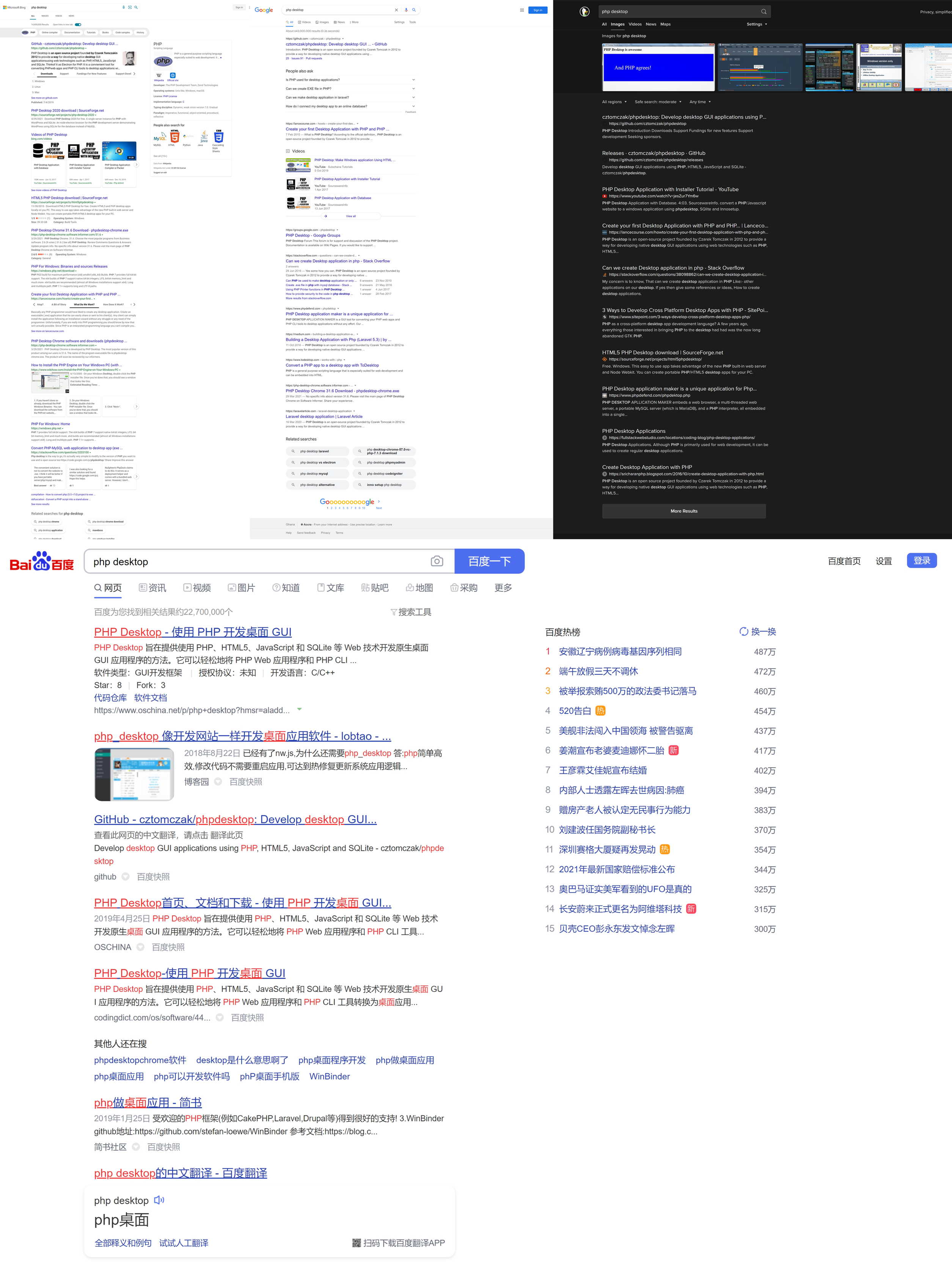Metrics and life - What have we done?
Today, if you have a million followers on youtube, Twitter, Facebook, or any other giant social media platform you will probably be treated differently both in your immediate community and in any other places where people could recognize you. There is a high probability that you will be featured in many media channels if you have more followers than your country's president. People, then with less voice, can speak high and loud today. People who were hiding because of certain physical or health conditions have found places online and became leading examples to follow. Distant countries got merged into one homogenous place, making racism, social classes, etc, totally irrelevant. The same numbers have been able to create new finance systems which are changing how businesses are done.
On the other hand, the same numbers have buried countless human values that we will probably miss if we're not already missing them. The fact that these numbers have become a social gauge tends to invert how society is organized. While age, wisdom, and experience used to be key factors in choosing who decides or not, today, any person with massive numbers can shadow any expert. You stay in the shadows of cyberspace if you have low numbers.

Image source: myRepublica
Here is a picture that makes a parallel between two people with numbers. In most cases, especially the winning parts, people will never question how the numbers were produced. We will usually admit to it and move on.
At this point, the importance and impact of metrics in our current world can't be denied. A simple number written in Africa can move icebergs in Antarctica.
This is not totally new. Metrics have always been part of us. Kings and queens use to count the number of people in the kingdoms. The main concern today is the support through which we use them-computing systems. It's a giant system. It exploded very quickly and massively, and it is still facing great challenges in terms of stability, reliability, integrity, and even longevity.
Now that you and I have agreed on the importance of metrics in our lives, can we answer these questions:
1- How true are the numbers?
Can we or should we give full power to numbers? It's important that we start to question ourselves about who/what really sets numbers. Who reviews them? Who approves or rejects them? It's key that we get concerned by that because the current system is centralized and controlled by organizations that nobody can defy.
Based on our knowledge as software developers, metrics are numbers that flip based on given conditions which are defined by people to satisfy a defined goal by the people. So, imagine for instance that I get a "way" to convince Youtube or Twitter to change my followers' number from 1K to 1M. It would attract people to my account immediately. Oh yeah, believe me ;)
The other day I received an email from google business telling me that about 13 people were interested in my business. And we all receive similar messages from LinkedIn as well. So the first question that came into my mind was, "hmmm, is this really true. What if Google noticed that I was not active on my business page and decided to prompt(stimulate) me with a number. I would likely want to improve if there is a number of people interested in my business." This trick would work in both cases anyways, either the number is true or false. The reason is simply that we are thirsty for validation. And numbers always do that well. This would be a great sign of me being validated.
Considering another scenario, Let's say Youtube, how the videos views count is done is different from that of the Google Adsense page views count. If you think I don't have evidence to back up my statement, ask yourself if I would get the right information if I was to ask these companies to give me the answer. Basically, there is no universally true and perfect way to have exact human-like counts. If there was a fairly universal and genuine formula to count the numbers, Google would be paying their creators per video view. They know that that number can't be trusted. Another proof that there is no perfect counting formula, because either way, they would have made it trustworthy. Instead, a different level of severity is applied where they have to pay people in order to have an advantage, not necessarily justice or fairness. Every business based on technology would do the same. We all do. We do this not always for monetary purposes, in most cases for power and people control. For example, if this article is likely to help people to understand this game and to motivate them to give less significance to metrics, google and many other search engines have the power to reduce any metric related to it and thus burying it in the unseen content of the internet. And as believers of metrics, you would systematically conclude that the article is not relevant. It's as simple as that. Numbers killed it. But, if it was to produce the opposite effect, it would be treated otherwise.
In the quest to finding the right way to make numbers genuine, many other parameters are considered such as geolocalization, age, gender, race, etc. It's hard to have a universal truth on any of these parameters. Like I said in this article, it's impossible to stay in a remote place and think of how good other people are on the other side. Most geolocalized parameters for example might be made considering a small portion of the population.
To dig again into the influence of human behavior on the numbers let's look at the sorting algorithms we use to choose "what comes before/after what". When we take the Search Engines Results Pages(SERP) such as that of Google, Bing, Baidu, DuckDuckGo, etc. for example, the results are also being influenced by "human mood".

How the place results depend not only on "their metrics" on every found page but also on what is adequate for them or what they dime fit for the user; and each one does it differently. In addition to that, you must also notice that the data indexes are not the same. Each one of these search engines for example uses its own dataset, and this shows how liberal it is to make these numbers. Although I used search engines here as an example, this is applied to many other areas and platforms.
Nowadays, machine learning is used to improve predictions and users' behaviors. But even with that, it's still a challenge to find perfect models for the perfect situations. We end up always usually close-enough models to go ahead with it.
2- What is the extent of their power?
The introduction of this article made a brief mention of the potential of these numbers. But let's go a little bit feather in the society. When we have elections, numbers decide who wins. When we want to know who is important and has influence in society, numbers help us do that. Every social media platform is what it's because of numbers. People have found their talents because of numbers. People have committed suicide because of numbers, people lost fate in themselves because of numbers... and the list goes on.
One of the main points I want us to touch is how serious we take numbers. Following today has become proof of social importance. Following has become the proof of "examples to follow". The real model of a person to follow today is the person with many numbers: bank account balances, social media numbers, etc. In addition, any publication that also has a lot of numbers becomes systematically the right information. And with that being set, everybody is now running after numbers. People use every hack to get numbers. And once their hacks work, all the non-sense tricks and hack they used to get there become a model and standard to follow for others. And we keep on pushing society to its doom. Look up "SEO" to see how far people go to trick search engines to appear in front of us. Search engines do not have the human capacity to feel what may be right or wrong for us(human), and we have given them the power to decide.
So, we have given our trust to numbers, then we start chasing them. But in that course, whoever wins may not even be the right leader. If a cow wins today, we all become cows. Tomorrow, a horse takes over, we all morph into that. The web is saturated with unnecessary influencers who are only messing up with society. People who can not even stand in front of ten people in real life to make the right decision. Companies have the lion-share of this type of the influence. They focus only on the numbers to be able to sell to them. They don't care if cows are the ones buying or horses. It has to be bought.
Remember your children. They will not escape your handwork. We have to start realizing how risky it's to like, comment, share, love, dislike, report, follow, unfollow, etc. Although a human decision is supposed to help in the final decisions, we just noticed above that it's not that relevant because numbers have no universal truth and can be influenced. Huge numbers do not always equal good things, and inversely, low numbers do not always equal bad things.
3- What happens if the people realize?
Only elite people are aware of this situation. The majority of people today have a religious belief in numbers. They have no idea of how they are made and they are not ready to find out either. But, let's be optimistic that it may happen that everyone would know of how the whole thing works, and when that happens what will happen?
Well, there are going to be three possibilities here:
1. Truth, Quit, and Ignore
They will realize how many times they have been deceived and tricked. They will see how the irrelevant is taking the place of the relevant. People will stop trusting numbers and start looking for other ways to make decisions. Social media platform may lose their essence of existence, and companies will lose their cherished weapon of manipulation and control.
2. Crash it and unit mankind
Since we have given that much weight to metrics, what happens if the people just decide to feed each other with it, simply like that. What happens when the metrics are manipulated in one direction or the other?.
People can now decide to crash the whole system. So far you could realize that the system works because human beings are still divided and hate each other. If humans remove hatred, everyone would love everything from every other once. So, a day every YouTuber is going to have millions of followers. Everyone is going to like, comment, share everyone's work. Earnings are going to start flowing in everyone's hands.
Giant organizations are going to collapse. When there is a vote, people are going to just cancel every vote and make the whole situation irrelevant. People are truly going to dislike and unfollow their politicians and make their talks irrelevant and they will not have the voice over the people anymore... I am sure you can see where that is leading. The whole thing works because we still hate each other (P.S.: People will not share or extend this article simply because of this problem, trust me =D ).
3. Improvement and growth
We could decide to come together in improving how metrics are made and how to have standards that can be applied everywhere. We can work together to help protect children and people who ignore the value of the numbers to make the difference between online and real-life influences. Help them to know that what millions of other people liked/disliked or shared/ignored doesn't necessarily mean truth/lie and the right/wrong thing for everybody.
Bottom line
I have three goals in this post:
- To help you realize that metrics have a huge impact on our society and have been transforming how we live and behave
- To help you understand how difficult it's to have genuine metrics
- And help you realize the influence we can have on metrics to help improve the situation.
I don't want people to believe in numbers like the gospel. We need to think about them and always take them with a grain of salt.
And I don't expect us to give up on them as well. In fact, I still need to use the numbers again, the ones I myself fabricated to count the views of my posts. They help me know if my articles are fairly helpful or not to my readers. Now you know the right thing to do. Share if you want this to have good numbers, or simply ignore it to let it go.
